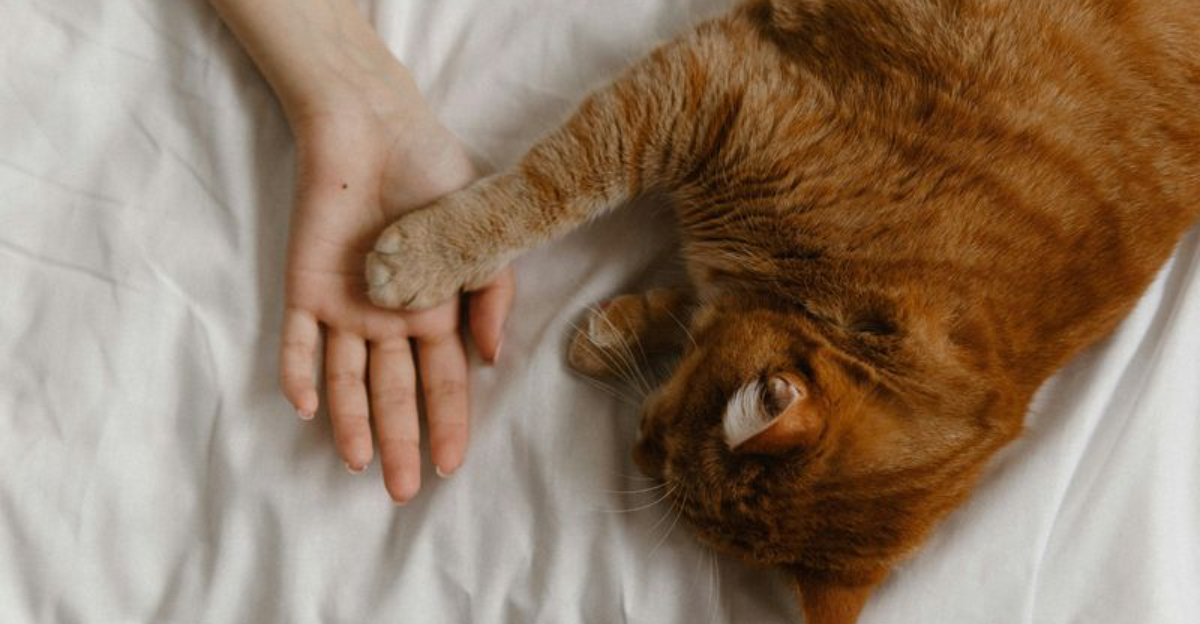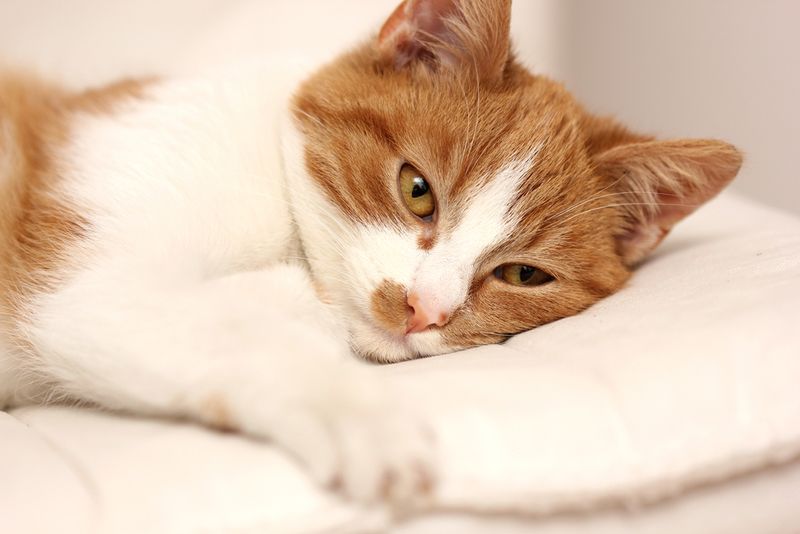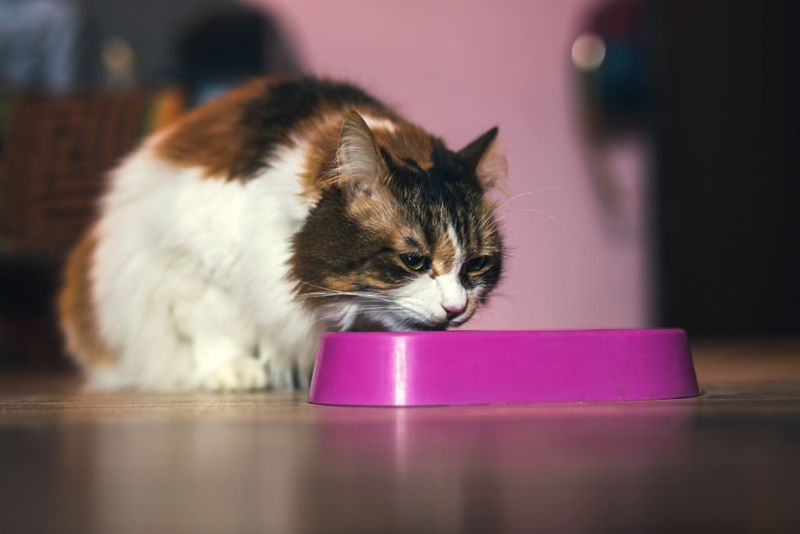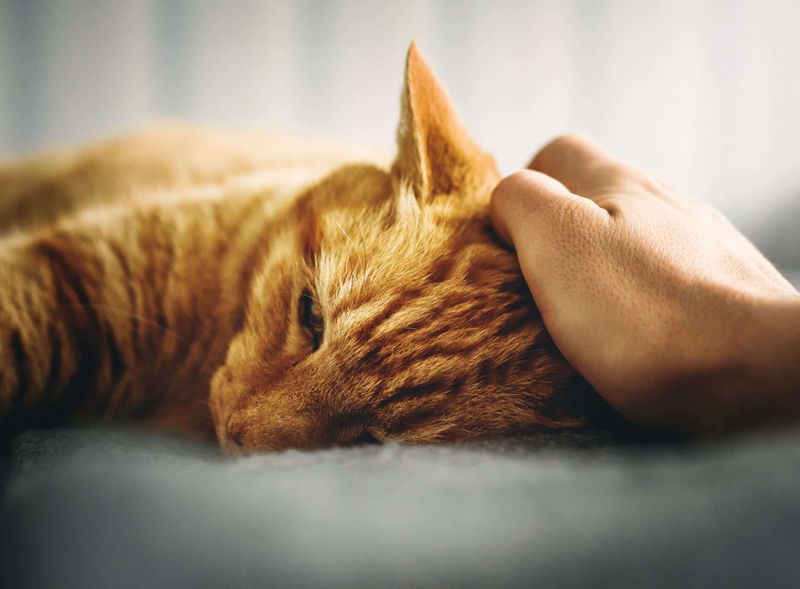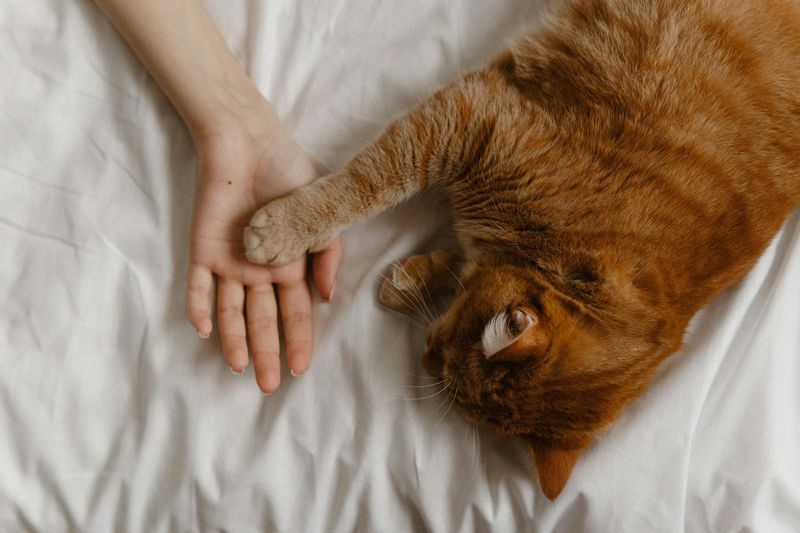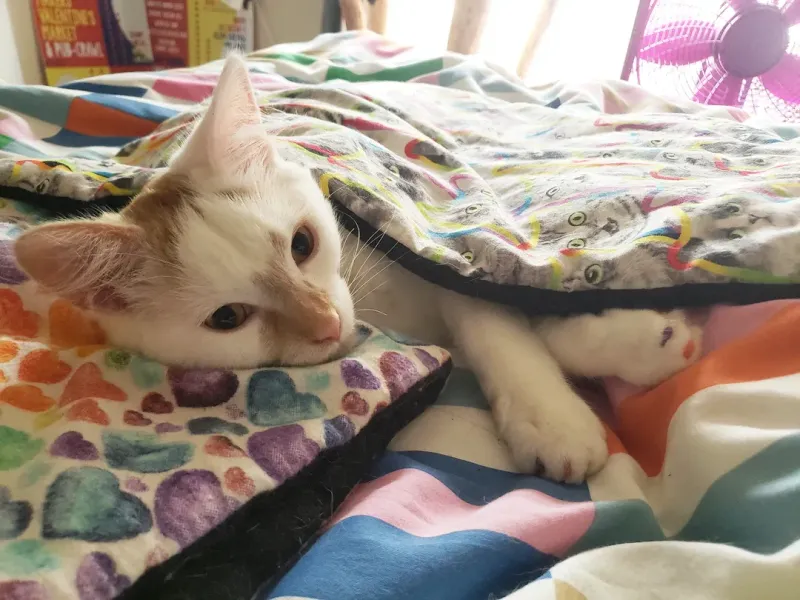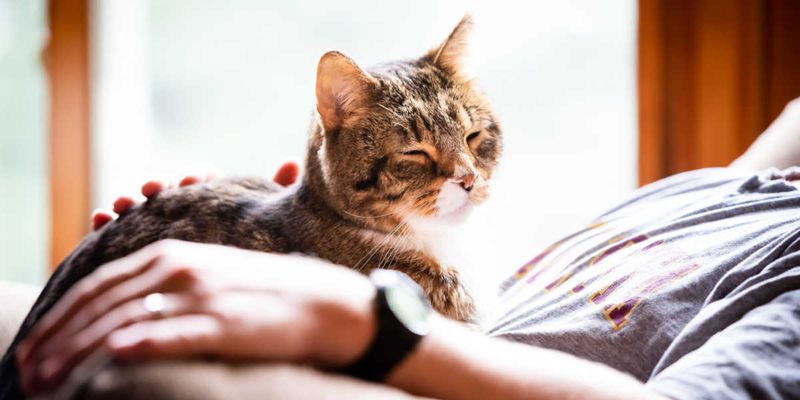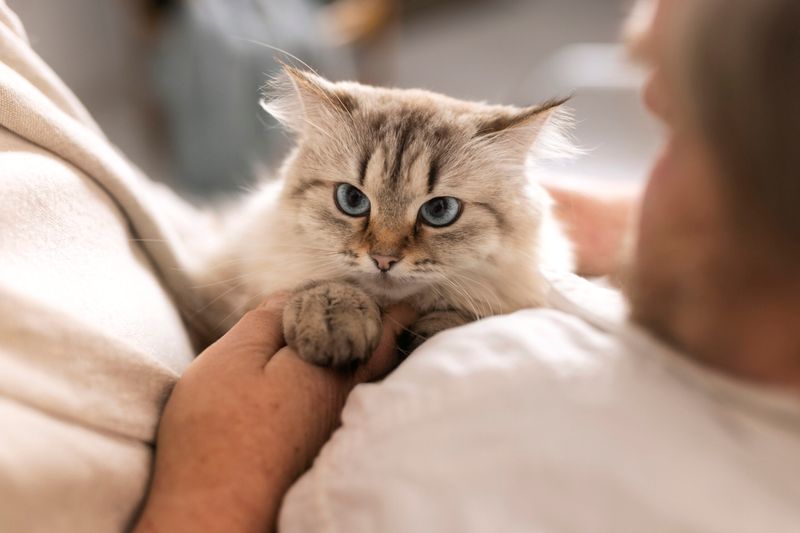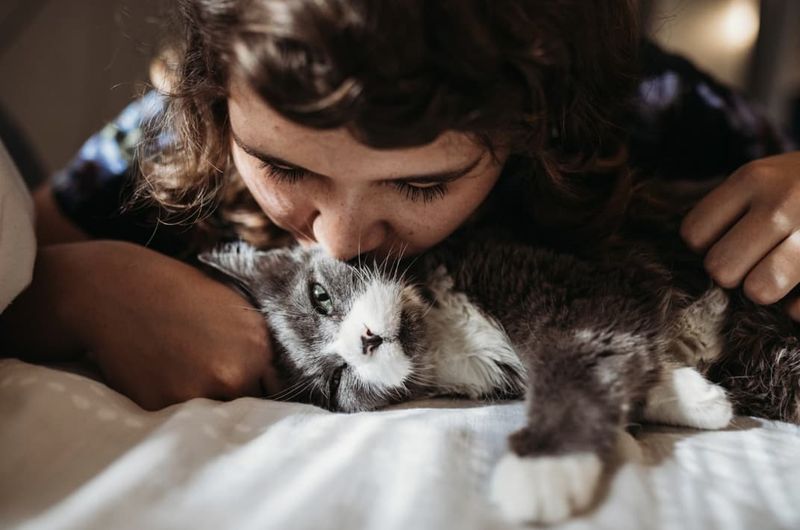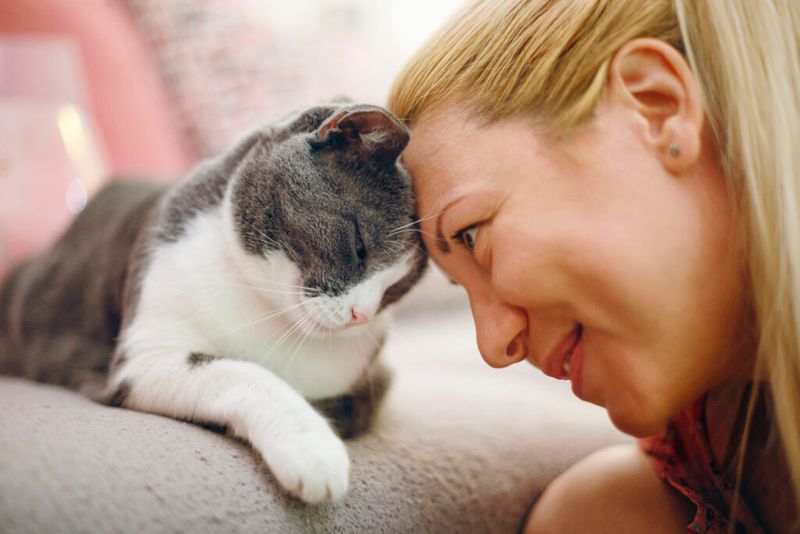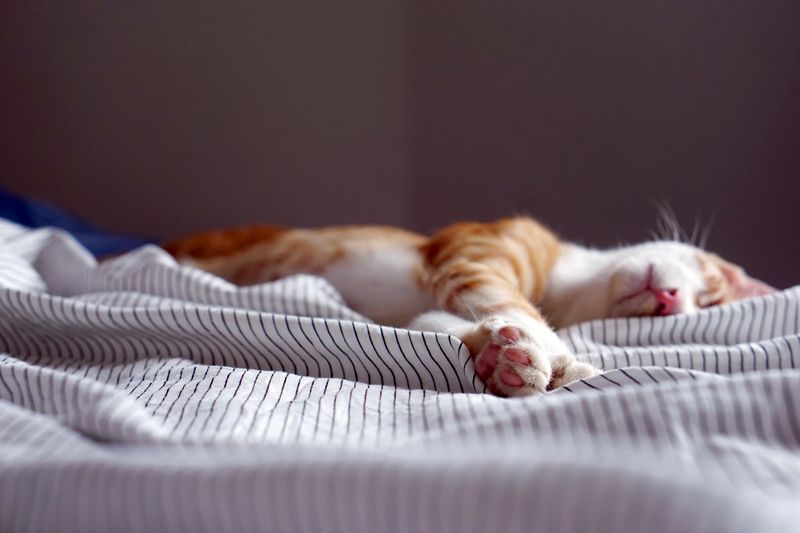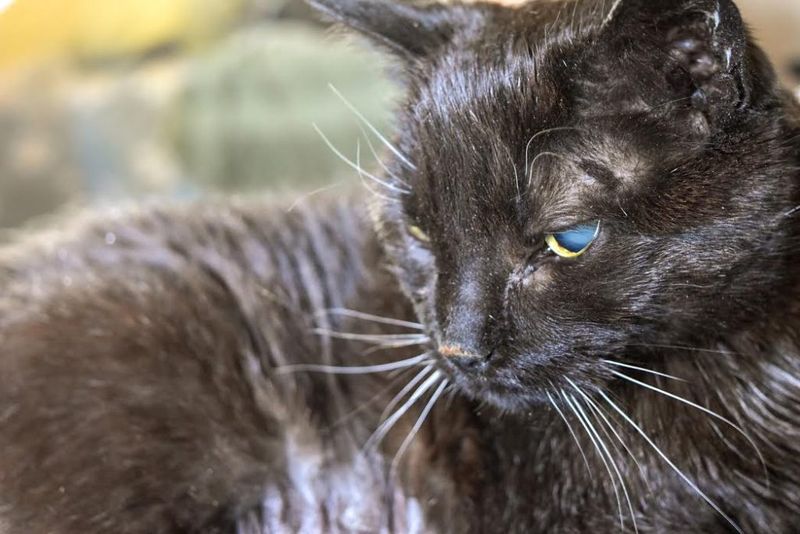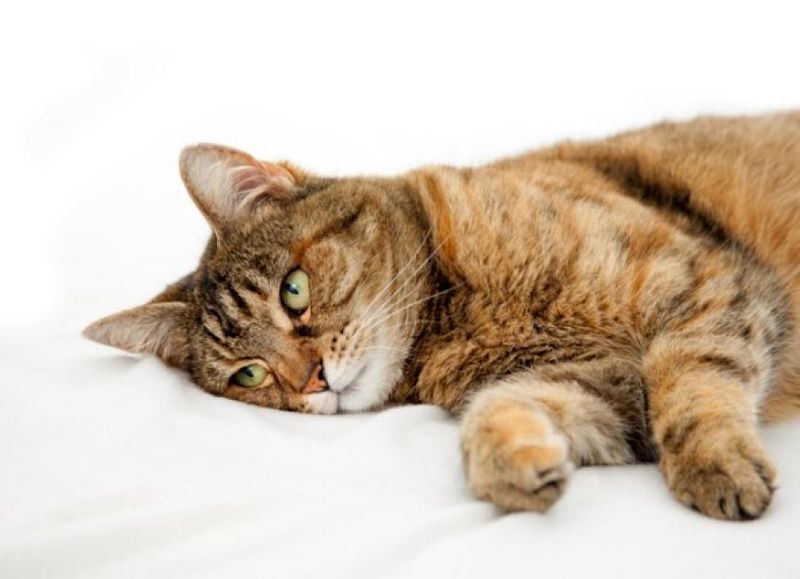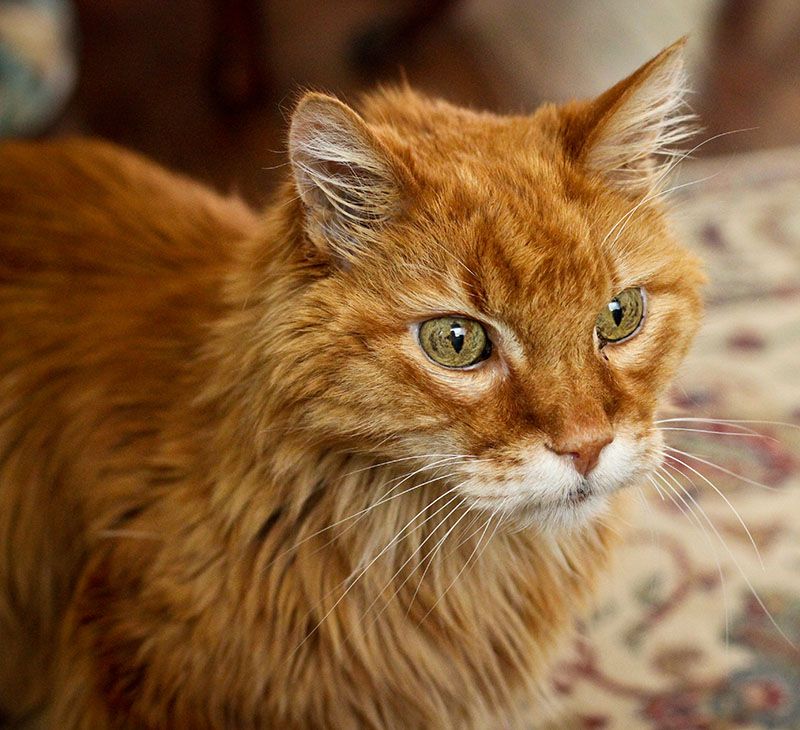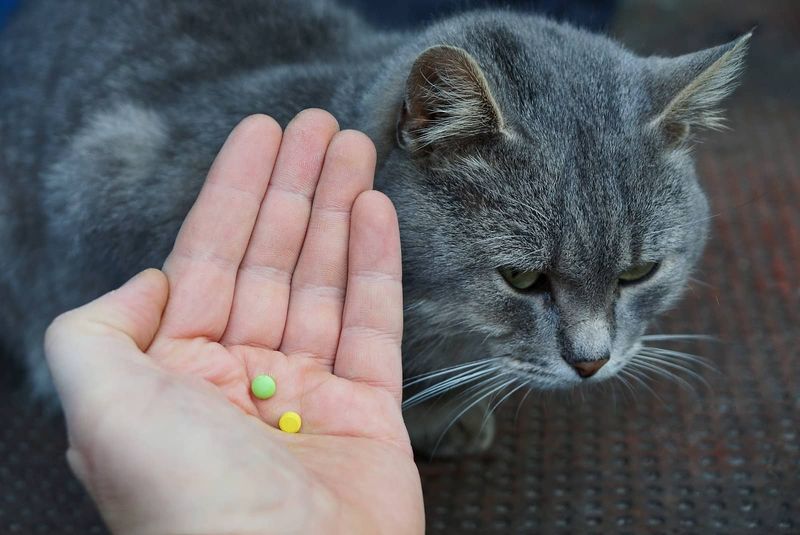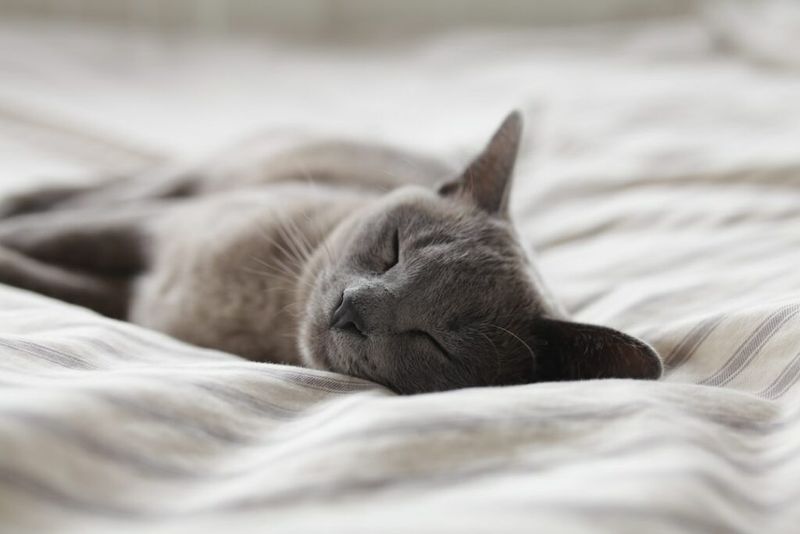📖 Table of Content:
- 1. Maintain Familiar Routines
- 2. Offer Favorite Foods Without Restrictions
- 3. Provide Gentle Physical Comfort
- 4. Create a Calm, Quiet Environment
- 5. Surround Them With Favorite Things
- 6. Limit Visitors to Close Family
- 7. Play Soft, Familiar Music
- 8. Consider At-Home Euthanasia
- 9. Talk Softly and Reassuringly
- 10. Give Permission to Let Go
- 1. Hiding Your Emotions Completely
- 2. Inviting Too Many People
- 3. Waiting Too Long
- 4. Forcing Food or Medication
- 5. Leaving Them Alone
Saying farewell to a cherished feline friend ranks among the most difficult experiences in pet ownership. When the final day comes, offering comfort and reassurance becomes essential. Creating a calm and loving environment can make this transition gentler for the cat.
Providing thoughtful care and attention during these moments helps ease the cat’s discomfort. Small gestures of kindness can bring significant comfort and calm to a beloved companion. Understanding what to do—and what to avoid—can make a meaningful difference.
Navigating this emotional time with compassion supports both the cat and those caring for them. Awareness of common pitfalls can prevent unnecessary stress or pain. The goal is to foster peace and dignity in the last hours shared together.
1. Maintain Familiar Routines
Cats find security in predictability, even during their final hours. Keeping normal feeding times, medication schedules, and daily rituals provides a sense of normalcy when everything else feels different.
Your presence at usual times – morning coffee, evening relaxation – offers reassurance. While you may feel tempted to change everything to make the day special, your cat actually finds comfort in the expected. This doesn’t mean forcing activities; simply allow natural routines to flow. Your cat will appreciate this final gift of normalcy amid the changes happening in their body.
2. Offer Favorite Foods Without Restrictions
Food restrictions no longer matter during your cat’s final day. That special tuna they always begged for? The cheese they watched you eat? Now’s the time to indulge these wishes. Many cats lose appetite near the end, so don’t force-feed.
Instead, offer small amounts of highly appealing foods. Hand-feeding can create beautiful final bonding moments. Some cats enjoy ice cream, baby food, or warm chicken broth. The goal isn’t nutrition but comfort and pleasure. These special treats show love and create positive experiences during difficult hours. Just avoid anything that might cause stomach upset.
3. Provide Gentle Physical Comfort
Physical touch brings tremendous comfort, but adjust your approach to your cat’s changing needs. Some cats want constant contact while others prefer gentle, brief pets. Watch their body language for guidance.
Soft brushing can soothe cats who’ve always enjoyed grooming. For cats who struggle with mobility, gently massage areas around their joints or behind their ears. Many appreciate a warm (not hot) water bottle wrapped in a towel near them. Your touch communicates love when words cannot. Remember that cats nearing the end may have sensitive spots, so move slowly and respect their reactions. Your gentle presence speaks volumes.
4. Create a Calm, Quiet Environment
When cats feel vulnerable, they become more sensitive to their surroundings. Soft lighting, partially closed curtains, and a quiet environment can help soothe them. Switching off loud devices or using soft, familiar background sounds promotes a peaceful atmosphere that reduces stress.
Place their favorite bed or blanket in this quiet space, ensuring they have a comfortable spot to rest. Temperature matters too. Keep the room slightly warm, as cats nearing the end of life often have trouble regulating body temperature. This thoughtful environment shows your love through comfort.
5. Surround Them With Favorite Things
The familiar scent of beloved toys and blankets creates security during uncertain times. Gather your cat’s favorite items – that catnip mouse they batted around for years, the sunbeam spot cushion, or the cardboard box they claimed as their own. These treasured objects hold your cat’s scent and happy memories.
Place them within easy reach so your cat can choose what brings comfort. Some cats find solace nuzzling into a shirt you’ve worn. Photos don’t matter to your cat, but their own possessions do. These items create a landscape of comfort, surrounding them with physical reminders of their well-loved life with you.
6. Limit Visitors to Close Family
Your cat’s final day isn’t the time for a stream of well-meaning visitors. Unfamiliar people create stress for cats, especially when they’re already feeling vulnerable. Limit access to immediate family members your cat knows and trusts.
Children should participate only if they can remain calm and quiet. Brief, peaceful visits from household members allow everyone to say goodbye without overwhelming your cat. Consider taking photos or videos privately if others wish to pay their respects later. Your cat deserves a peaceful transition surrounded by only their closest humans. This protective boundary honors their need for calm during this sacred time.
7. Play Soft, Familiar Music
Sound affects cats profoundly, and familiar music can create a soothing atmosphere during their final hours. Choose gentle classical pieces, nature sounds, or soft music you’ve played throughout their life. The familiar audio landscape provides comfort.
Research suggests classical music particularly soothes cats. Pieces by Bach or Mozart played at low volume can help reduce anxiety. Some cat owners report their pets responded well to specific songs during their lives. Avoid jarring sounds, loud conversations, or unfamiliar music. Keep the volume low enough for easy communication. This gentle sound backdrop creates a peaceful environment while masking potentially stressful household or outside noises.
8. Consider At-Home Euthanasia
Veterinary clinics can feel strange and frightening to cats. Many veterinarians now offer at-home euthanasia services, allowing your cat to remain in their safe space during their final moments. This option eliminates the stress of travel and unfamiliar environments. Home euthanasia allows your cat to be in their favorite spot, whether that’s their sunny window perch or your bed.
Family members can be present without the constraints of a clinical setting. The process typically feels more peaceful, giving you privacy to grieve afterward. This compassionate choice focuses on your cat’s comfort rather than convenience. Call veterinarians in advance to discuss this option.
9. Talk Softly and Reassuringly
Your voice has been your cat’s constant companion throughout their life. During their final hours, your gentle words provide immense comfort. Speak in soft, low tones using phrases your cat associates with love and safety. Tell stories of your life together. Remind them of funny moments, adventures, and the joy they brought you.
Cats may not understand every word, but they recognize loving tones and find security in your familiar voice. Don’t hide your emotions completely, but maintain a soothing tone. Your cat senses your feelings. Reassurance that they’re loved, they’ve been the perfect companion, and it’s okay to let go can bring peace to both of you.
10. Give Permission to Let Go
Many pet owners report that their cats seemed to hold on until receiving permission to depart. Animals demonstrate remarkable awareness of their humans’ emotions. Your cat may sense your struggle and stay despite their suffering.
Gently tell your cat it’s okay to go when they’re ready. This selfless act of love acknowledges their needs above your desire to keep them. Speak these words even if you’re not emotionally ready – your permission matters. This final gift shows true love – putting their peace above your pain. Many cat parents find comfort later knowing they helped their beloved friend transition when the time was right.
1. Hiding Your Emotions Completely
Cats read emotional cues expertly and sense when something’s wrong. Attempting to hide all sadness creates an unnatural atmosphere that can confuse and stress your cat. They know you better than anyone.
Rather than suppressing emotions entirely, find balance. Brief, private moments to collect yourself help maintain a calm presence. Your cat needs your emotional stability but also your authenticity. Cats understand tears. Gentle crying while maintaining a reassuring tone shows honest emotion without frightening displays. Your cat has shared your joys and sorrows throughout life – this final journey deserves the same genuine connection.
2. Inviting Too Many People
Well-meaning friends and extended family often want to say goodbye, but a parade of visitors creates stress for your already vulnerable cat. Cats typically prefer quiet, familiar environments, especially when feeling unwell.
Even beloved regular visitors can overwhelm your cat during this sensitive time. Your cat needs calm and consistency, not social obligations. Prioritize their comfort over others’ desire for closure. Consider alternative ways people can say goodbye, such as writing notes or sending special treats beforehand. Save actual visits for only the closest family members your cat truly knows and loves. Your primary responsibility is your cat’s peaceful transition.
3. Waiting Too Long
Love sometimes blinds us to suffering. Many cat parents later regret waiting too long for euthanasia, hoping for one more good day that never comes. Cats instinctively hide pain, making it difficult to assess their true condition.
Quality matters more than quantity. Ask yourself honestly: Is my cat still finding joy? Can they do things that once brought pleasure? Are they eating, grooming, and engaging with family? Veterinarians often say, “Better a week too early than a day too late.” This difficult decision should prioritize your cat’s dignity and comfort. Remember that ending suffering is the final act of love you can offer.
4. Forcing Food or Medication
The natural dying process often includes reduced interest in food and water. Forcing nutrition or medications can cause stress and discomfort during your cat’s final hours. Their body is naturally shutting down systems. Unless medications provide essential pain relief, discuss with your veterinarian which ones can be discontinued.
For many cats, the quality of remaining time outweighs extending life by hours through stressful force-feeding or medication struggles. Offer favorite foods in small amounts but accept refusal gracefully. Ice chips or a dropper with water can provide comfort without forcing fluids. Your cat’s natural instincts are guiding their needs during this transition time.
5. Leaving Them Alone
Fear of witnessing suffering leads some owners to distance themselves during their cat’s final hours. This well-intentioned but misguided approach leaves cats without the comfort of their most trusted companion when they need it most. Your presence provides security even when difficult to witness decline.
Cats who spent years sleeping beside you, greeting you at doors, and sharing your life deserve companionship during their transition. If euthanasia is planned, staying through the procedure offers final comfort. Your familiar scent, voice, and touch ease fear. This difficult gift of presence honors your relationship and prevents your cat from feeling abandoned during their most vulnerable moments.
